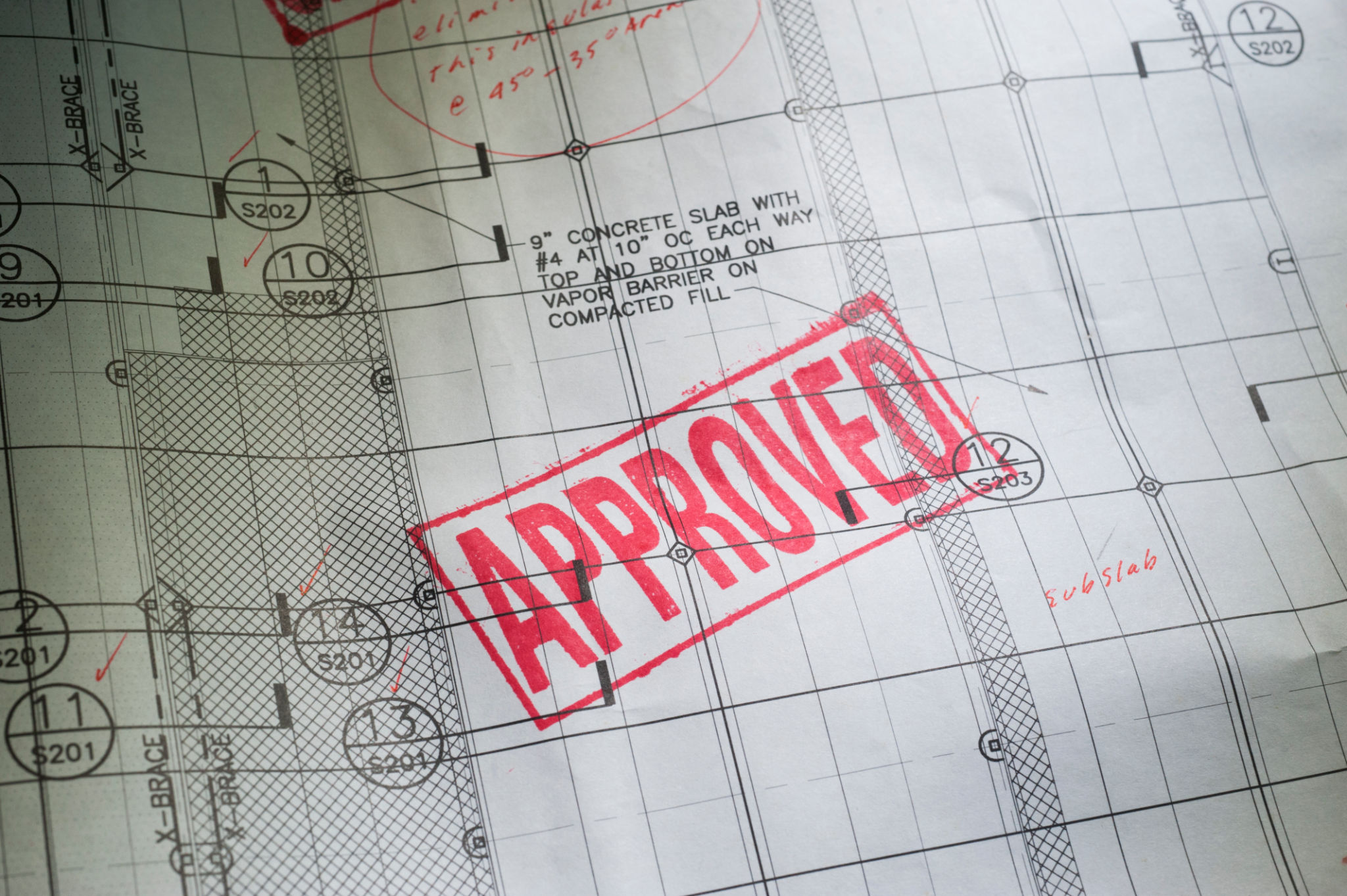Understanding Local Regulations for Home Extensions in the UK
Introduction to Local Regulations
If you're considering extending your home in the UK, it's crucial to understand the local regulations that might affect your project. These regulations ensure that all extensions are safe, sustainable, and in harmony with local planning policies. While the thought of navigating through legal requirements can be daunting, being informed can help streamline the process and prevent costly mistakes.

Permitted Development Rights
One of the first things to check is whether your home extension falls under Permitted Development Rights. These rights allow certain types of extensions to be built without applying for planning permission. However, there are specific limits and conditions, such as size restrictions and the overall height of the extension. It's important to verify whether your project qualifies under these rights before proceeding.
Limitations and Conditions
Even if your extension qualifies as a permitted development, there are still limitations to consider. For instance, the extension cannot cover more than half the area of land around the "original house." Additionally, specific height restrictions apply depending on the proximity to boundaries. Always ensure these parameters are met to avoid complications.
Planning Permission
If your extension does not qualify for permitted development, you will need to apply for planning permission. This process involves submitting detailed plans and specifications to your local planning authority. The submission typically includes architectural drawings, site plans, and a design and access statement to justify your proposal.

Factors Affecting Approval
The local planning authority will assess several factors when considering your application. These include the impact on neighbors, environmental considerations, and how the extension fits with the character of the area. It's beneficial to consult with a planning consultant or architect to enhance your application's chances of approval.
Building Regulations Approval
Regardless of whether you need planning permission, building regulations approval is required for almost all extensions. These regulations ensure that the construction is safe, energy-efficient, and accessible. They cover various aspects such as structural integrity, fire safety, insulation, and ventilation.
The Application Process
The application for building regulations approval can be submitted either through a full plans application or a building notice. The former involves submitting detailed plans for approval, while the latter is more straightforward but typically involves more inspections during construction. Choose the method that best suits your project's needs and complexity.

Working with Professionals
Given the complexity of local regulations, it's often beneficial to work with professionals such as architects or planning consultants. These experts can provide valuable guidance through the planning and approval processes, helping you avoid potential pitfalls. They can also liaise with local authorities on your behalf, ensuring that all requirements are met efficiently.
In conclusion, understanding local regulations for home extensions in the UK is essential for a successful project. By familiarizing yourself with permitted development rights, planning permissions, and building regulations, you can ensure a smoother process and ultimately achieve your dream home extension.
